Having siblings shapes the way you understand people and relationships. The shared childhood experiences, the fights over small things, and the moments of support all combine to create lessons about human behavior that last a lifetime. Growing up in a household with siblings is like living in a social training ground where you learn about conflict, cooperation, empathy, and competition. These lessons continue to influence how you interact with friends, coworkers, and partners as an adult.
You Learn Conflict Resolution Early
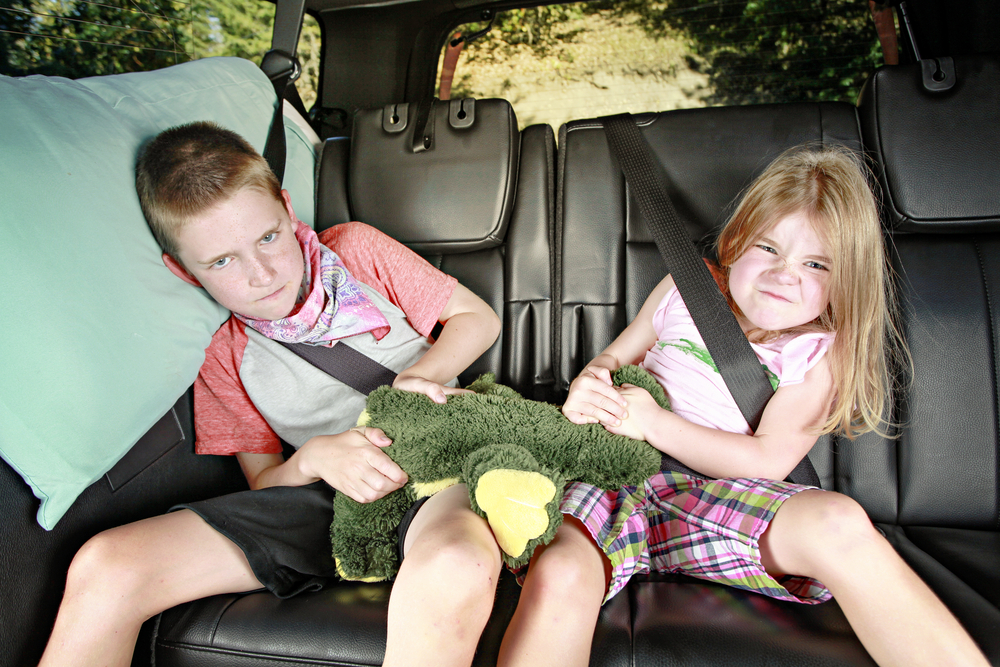
Siblings fight, sometimes over toys, sometimes over attention, and often over nothing at all. These conflicts may feel overwhelming as a child, but they teach an important skill: how to handle disagreements. You learn to negotiate, compromise, and sometimes simply accept defeat. These experiences help you understand that people will not always see things your way. They also show you that relationships can survive arguments and that resolution often matters more than winning.
You Understand Competition and Motivation
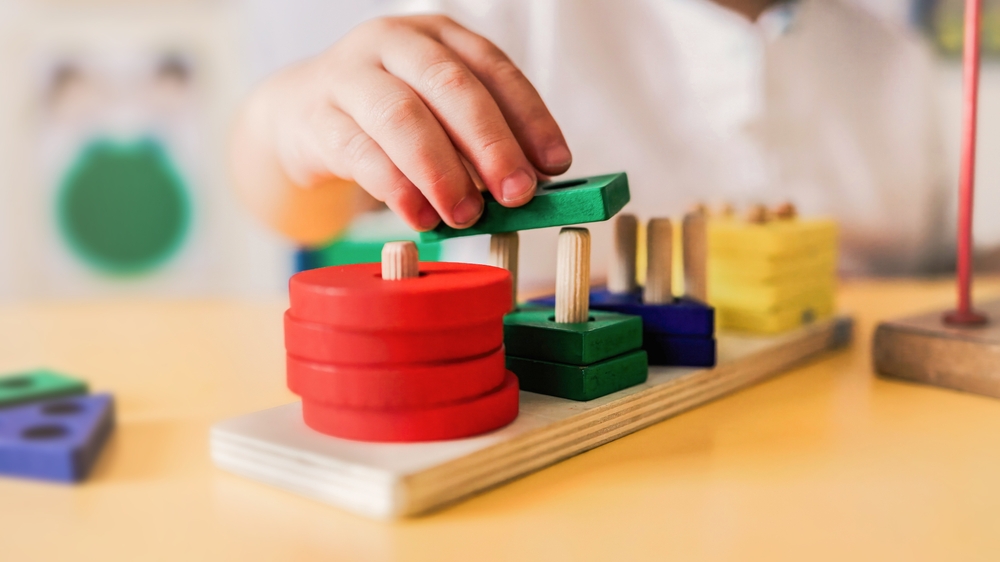
Living with siblings often creates competition, whether for parental attention, better grades, or simply who sits in the front seat of the car. This competition can feel frustrating, but it also builds drive and resilience. You see how effort and persistence lead to rewards. At the same time, you learn that comparison is not always fair, since everyone has different strengths. This dual understanding of competition and individuality helps shape how you view colleagues and peers later in life.
You Develop Empathy and Perspective

Siblings provide a constant reminder that the world does not revolve around you. Their feelings, struggles, and triumphs are visible every day. Seeing these differences firsthand helps you develop empathy. You recognize that people have their own emotions and needs, even if they conflict with your own. This perspective encourages compassion and patience, qualities that are essential in adult relationships and teamwork.
You Recognize Power Dynamics

Birth order, age gaps, and personality differences create natural hierarchies among siblings. Older siblings may take on leadership roles, while younger ones learn to adapt. This dynamic teaches you how authority and responsibility function within groups. You also see how power can shift depending on the situation, which helps you navigate social and professional settings where hierarchies are always present.
You Learn the Value of Sharing

Few lessons stand out as much as being forced to share toys, rooms, or clothes with siblings. While it may feel unfair as a child, this constant sharing builds a strong understanding of cooperation. You learn that possessions are not always the most important thing and that relationships require giving as much as taking. This early exposure to sharing often makes people more considerate and adaptable in group settings.
You Discover the Role of Loyalty

Siblings may argue bitterly at home, but many learn that those same brothers or sisters are also the ones who defend them outside of it. This loyalty creates a foundation for trust and commitment in relationships. Understanding that loyalty does not mean perfection, but rather standing by someone despite flaws, becomes a key lesson in how lasting bonds are formed.
You See How Different Personalities Work Together

Even within the same family, siblings can have vastly different personalities. One might be outgoing and adventurous, while another is quiet and reflective. Growing up together teaches you how contrasting personalities can still coexist. This prepares you for working with diverse people in school, jobs, and friendships. You learn that difference does not equal incompatibility, and that variety often strengthens group dynamics.
You Understand Forgiveness
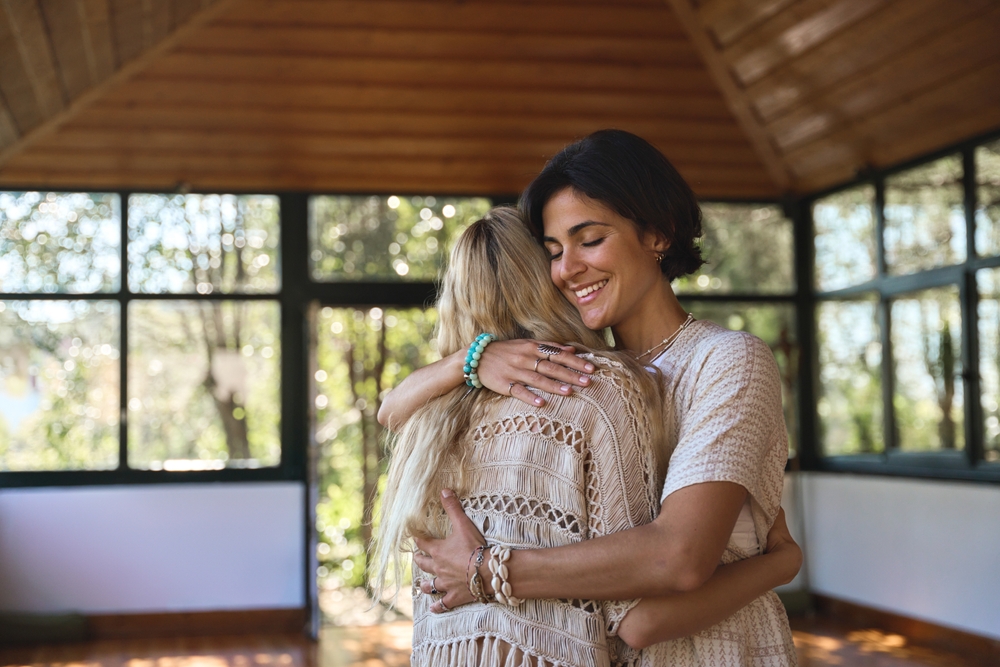
Disagreements with siblings rarely last forever. Eventually, you go back to playing together or sharing a meal. These repeated cycles of conflict and reconciliation teach you forgiveness. You realize that holding grudges only makes life harder and that relationships are worth repairing. This early practice makes it easier to let go of resentment and rebuild connections later in life.
You Learn Patience

Having siblings means waiting your turn, whether for attention, bathroom time, or food at the dinner table. These constant delays build patience, even if reluctantly. Over time, you accept that not everything can happen instantly or exactly when you want it to. This patience proves useful in adulthood, where waiting and compromise are unavoidable parts of daily life.
You Recognize Patterns of Influence

Older siblings often set examples, good or bad, that younger ones follow. This teaches you about influence and imitation in relationships. You see how behavior spreads within groups and how people can shape each other’s choices. Understanding these patterns helps you recognize influence in friendships, workplaces, and society as a whole.
You Realize That Support Systems Matter

Siblings are often the first support system outside of parents. Whether it is standing up for you at school or helping with homework, their presence reinforces the idea that people need each other. This realization makes you value support networks later in life, from close friends to professional mentors. You learn that relying on others is not weakness, but an important part of resilience.
You Gain Humor and Playfulness
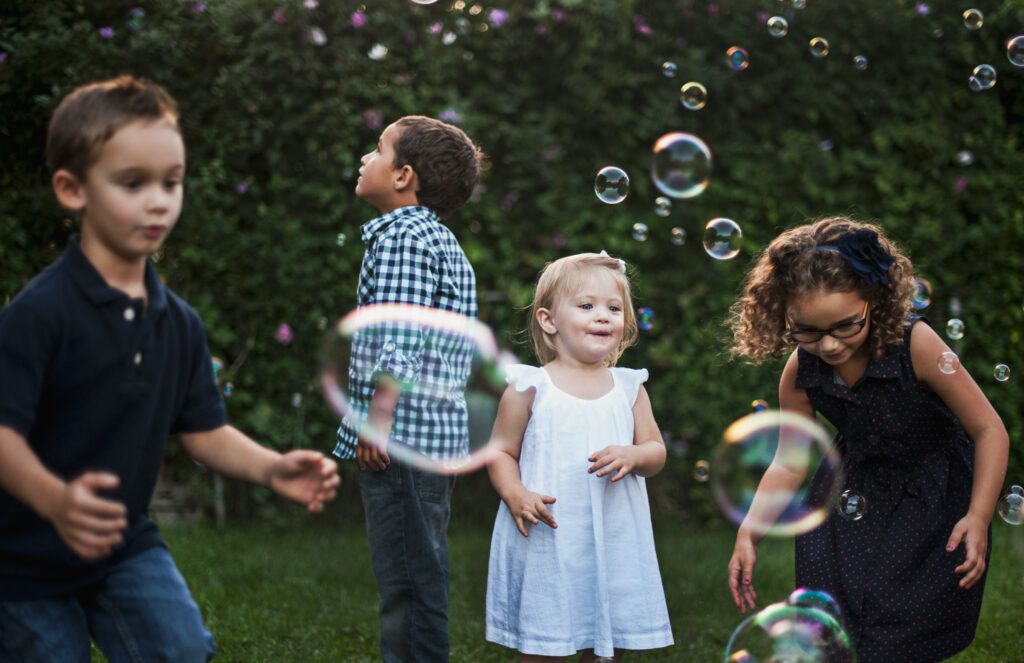
Life with siblings often involves laughter, teasing, and shared inside jokes. Humor becomes a way to bond and lighten difficult situations. This sense of playfulness carries into adult relationships, showing you that joy and connection often come from small, shared moments. It also reminds you not to take yourself too seriously, a valuable lesson in managing stress and social interactions.
You See How People Change Over Time

Growing up side by side means witnessing each other’s growth, mistakes, and transformations. You see how people evolve through phases of childhood, adolescence, and adulthood. This teaches you that change is natural and that relationships require flexibility. You learn to accept that people are not fixed, and that growth is part of every human connection.
Not Just Surviving Childhood
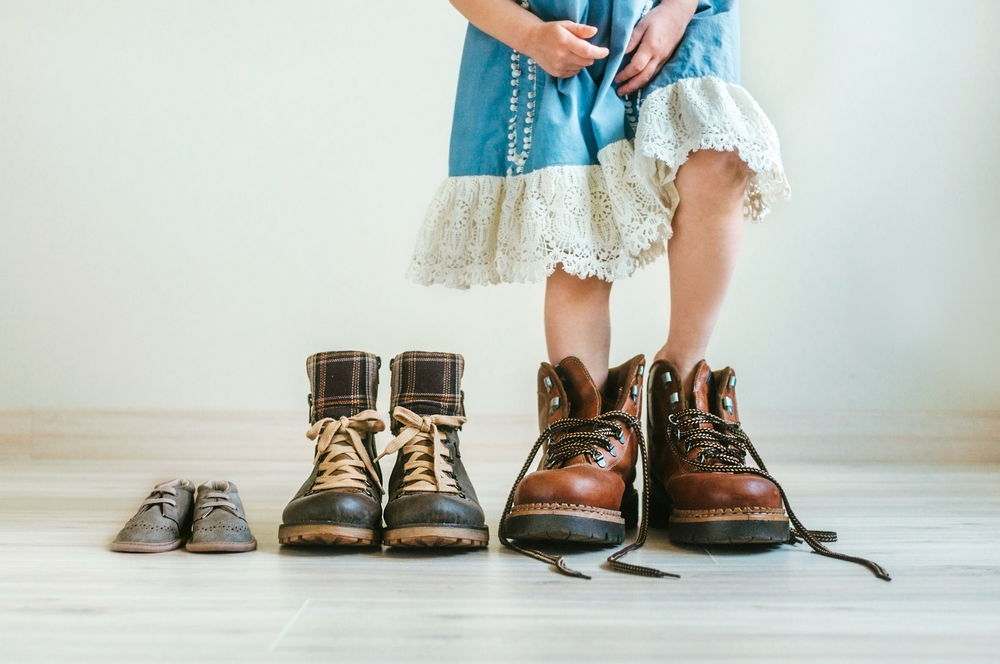
Growing up with siblings is not just about surviving childhood arguments and hand-me-downs. It is a lifelong lesson in human behavior. From learning patience and empathy to understanding loyalty and forgiveness, siblings teach you how people function in relationships and groups. These lessons continue to guide how you connect, cooperate, and thrive with others throughout your life.
Read More: You’ve Been Cooking These 10 Foods Wrong Your Whole Life
Disclaimer: This article was created with AI assistance and edited by a human for accuracy and clarity.

